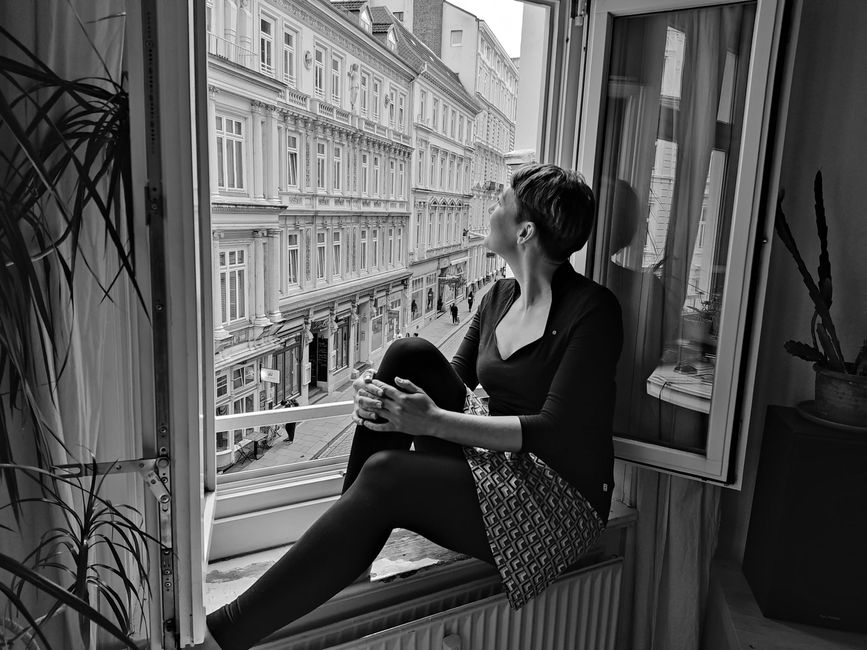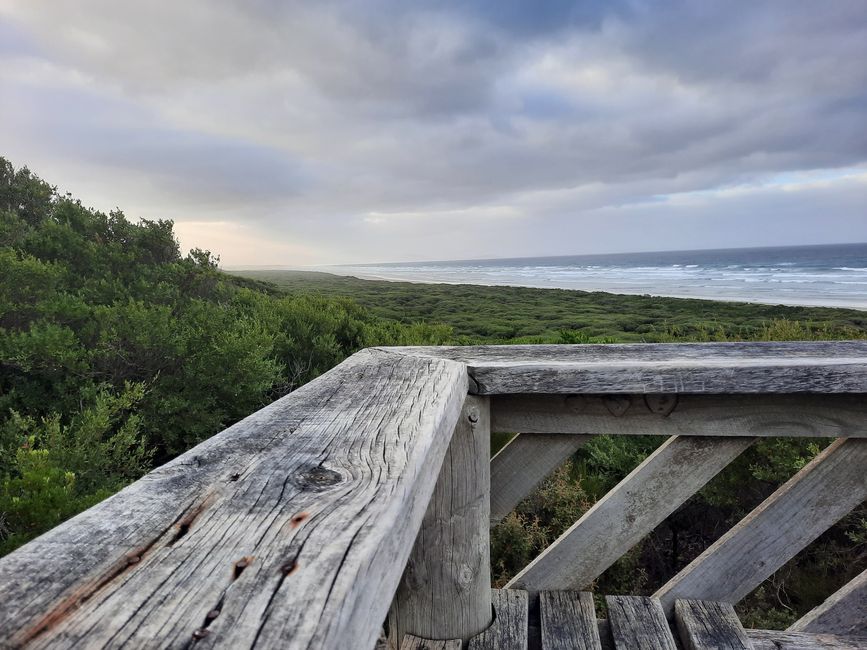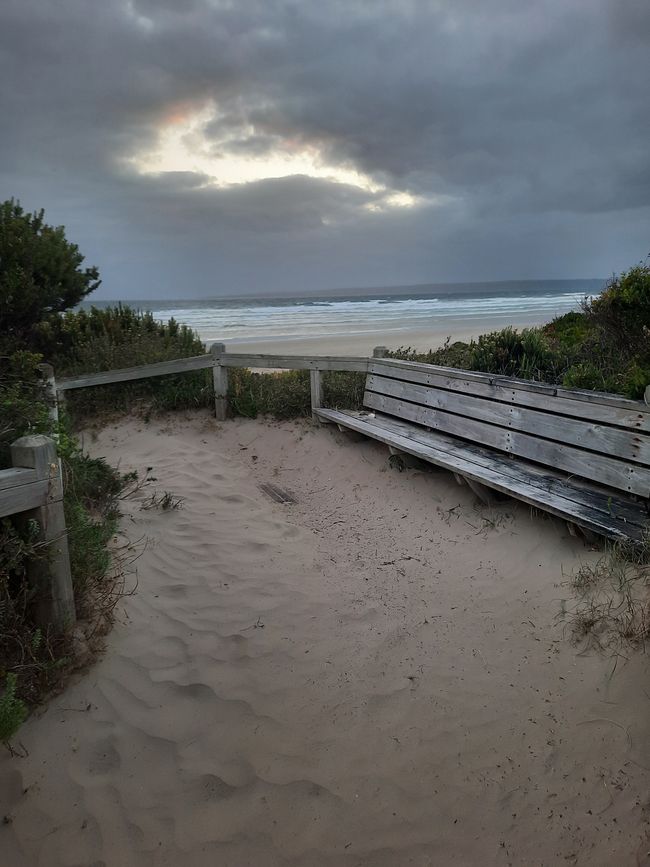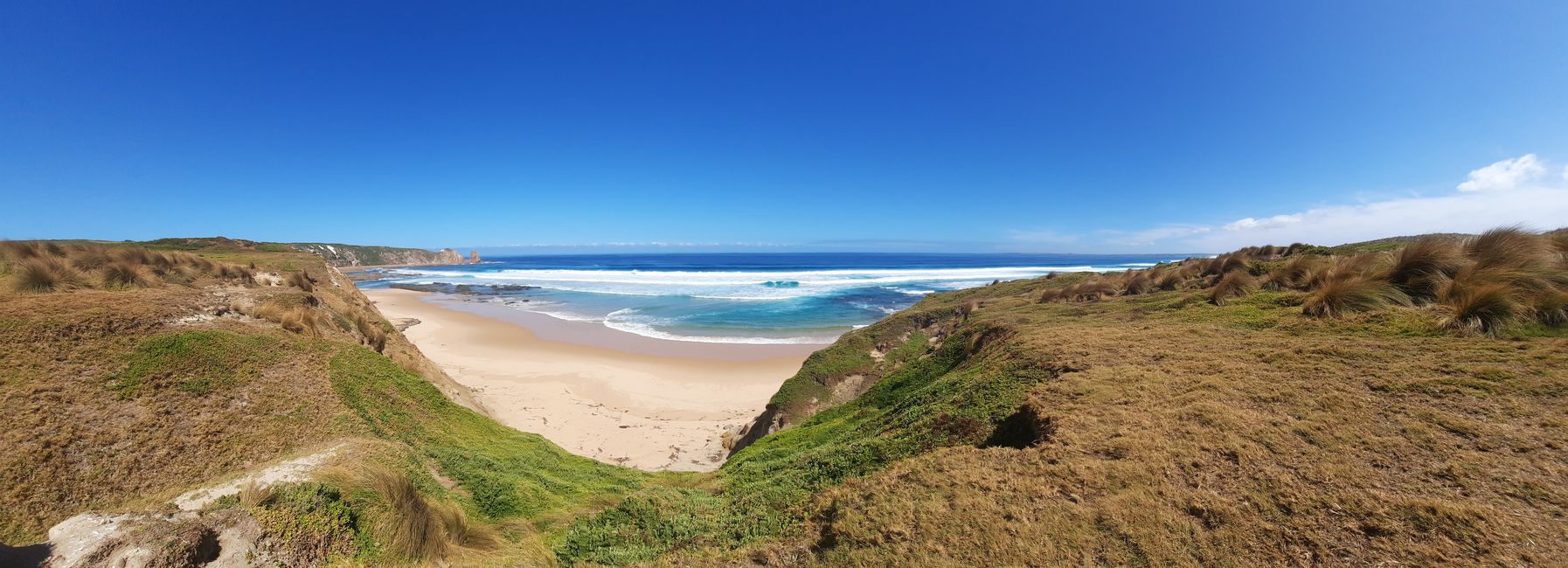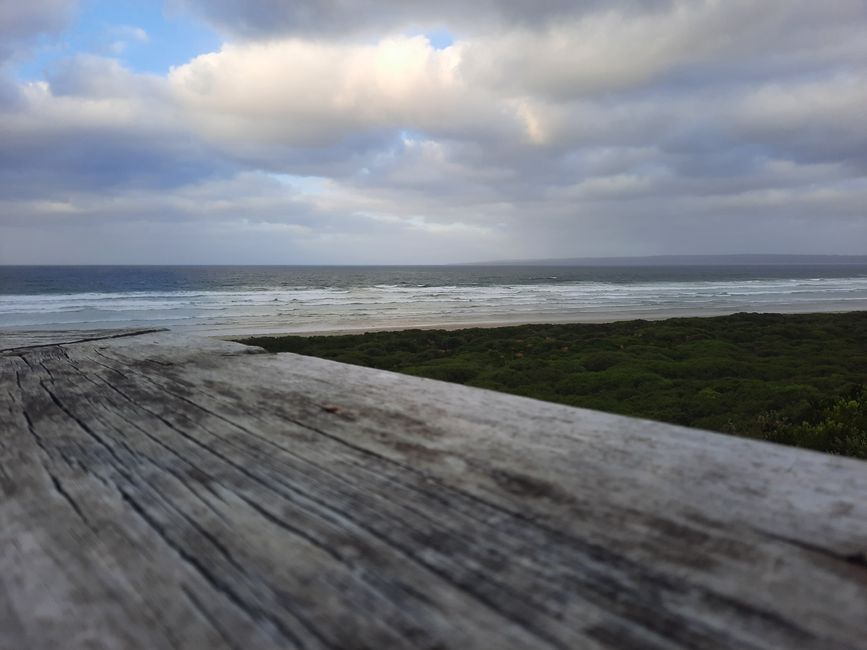About accents and Melbourne, the Hamburg of the southern hemisphere
Buga: 14.03.2024
Biyan kuɗi zuwa Newsletter
Melbourne has something of Hamburg: a harbor, water, maritime flair; But really beautiful beaches and nature are only a few hours' drive away. The urban society (at least to me) seems obviously alternative, politically more left-wing, especially in some parts of the city.
There is always wind here. The weather is constantly changing and is rarely stable. It rains often, the day has all seasons.
There is a western suburb called Altona, another not Wilhelmsburg, but Williamstown.
In the harbor, which can be seen from the city, there are containers, including red ones with the inscription “Hamburg-Süd”.
Ships.
Seagulls.
It is multicultural and the architecture, the whole city planning is reminiscent of Europe, somehow there is a “European vibe” overall.
Why is it?
I can't really grasp it. Maybe because people here do crazy things like ride bikes - to work, to university. There are cycle paths - and Melbournians even use them.
Local public transport is (somewhat) planned in a comprehensible manner; connections are canceled or delayed at regular intervals, as is the case in Hamburg.
There are cozy cafés and bookstores, sitting outside and avoiding the air conditioning seems normal.
Melbourne is definitely different to Sydney, with cycling, public transport, beaches and weather. - Not only do I think that Sydney and especially the harbor there, the water, the scenery, are in a different league than Melbourne. Both cities, Melbourne and Sydney, are considered by various rankings to be among the most livable cities in the world. Melbourne is slightly cheaper than Sydney, especially in terms of housing prices.
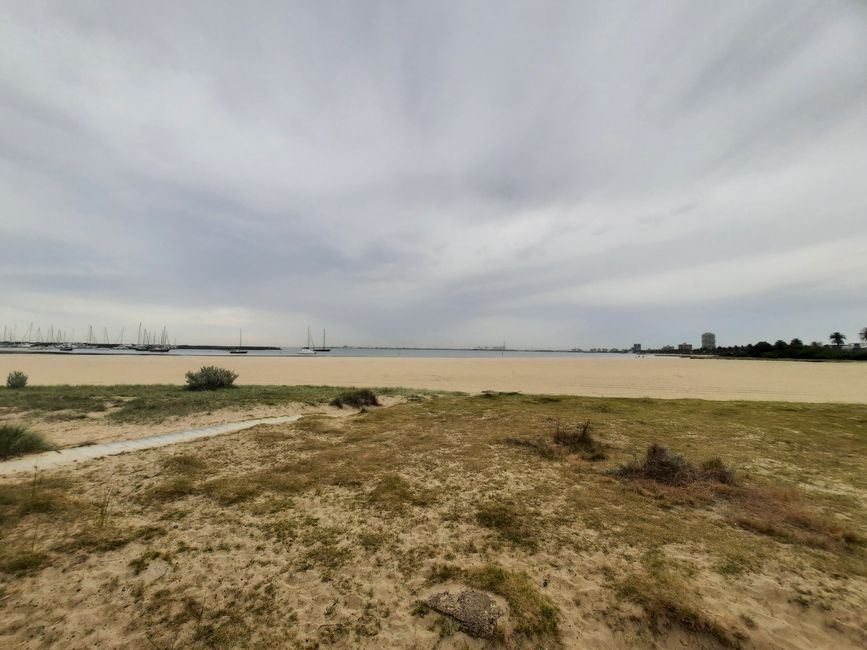
After the Second World War, Melbourne was a main destination for emigration, especially from Eastern Europe. It is considered to be the city with the largest number of Holocaust survivors moving outside of Israel.
English with a German accent, but even more so Polish, Russian, and generally Eastern European, is still heard more often in certain parts of the city. One of the best known for this was (and is) in St Kilda in southeast Melbourne. Here, I am told, the proportion of people from Eastern Europe was particularly high 30 or 40 years ago.
Today St Kilda is kind of hip, alternative; bars, cafes; Back then, this place was considered cheap and often a no-go area. Those who didn't have to be here stayed away or, even more likely, moved away. The confusion of languages, or rather accents, with (Eastern) European additions has mostly disappeared today.
In order to immerse myself at least a little, it is fitting that I meet three women in an Israeli restaurant, all of whom are of Polish origin, but who left Poland at very different times. One, with Jewish roots, in the 1980s during the period of Polish martial law and the Solidarity struggle. Today she says openly that she was too Jewish for the Catholic Poles, even though she was and is not religious; for the Jewish community in Melbourne she was too Polish and, perhaps worse, too irreligious. Today she is committed to an exchange between the two groups, because there is actually hardly any difference, but the mutual resentment is still great today, she says. And ultimately it too cannot be divided into two parts. She is both. A second one came because of love in the 2010s, but I don't know exactly about the third one. The latter is open and warm and an absolute business woman with a lot of sales; she tends not to say anything personal. There we are sitting in St. Kilda and talking about culture(s) of remembrance, being a migrant and belonging. They speak English-Polish or Polish-English and I'm fascinated. My brain is working at full speed, my tongue sometimes can't keep up so quickly. The longer I am in English-speaking countries, the harder it is for me to speak Polish. Switching from English to Polish is not difficult when it comes to listening comprehension; However, speaking is something different and from the English “th” to Polish hissing sounds it is a bit further for my brain and then my tongue.
Of accents
It occurs to me again that my German accent has been bothering me for years, decades now, regardless of the language. Here in Australia especially the one in my English. I tried to get rid of him - and eventually gave up. Then I thought, I'll just learn a new language - and then I'll start to get annoyed again at some point when you're halfway able to actually speak the language in question.
That German accent...
Actually, it doesn't matter, I say. The main thing is that I can communicate. Others also confirm this to me when we talk about this topic.
And it bothers me a little. So I'm always happy when I'm first asked in English-speaking countries whether I'm from Sweden. Strangers tell me that my accent isn't really German, they're guessing Scandinavia. “Funny,” I think and am somehow happy.
I think the underlying reason is that I like it when I stay in the in-between in a positive sense or, to put it another way: (my) complex identities become visible. Or and understandably: People don't immediately put me in a drawer - and can put me in a box.
Complex identities, stories, backgrounds, ambiguities, people with obviously not just one origin or language, that's what I'm on the trail of here, in Melbourne.
Where I first had this idea at the end of 2018, about this life in Australia. Back then I went to the beach after the Holocaust Museum, but on my current visit I'm doing it the other way around. First the beach, then the museum. The museum opened its new doors a few weeks ago, in November 2023. Three compact, permanent and very different exhibitions now await visitors. What it looks like there and whether I liked it will be in the next post!
Biyan kuɗi zuwa Newsletter
Amsa
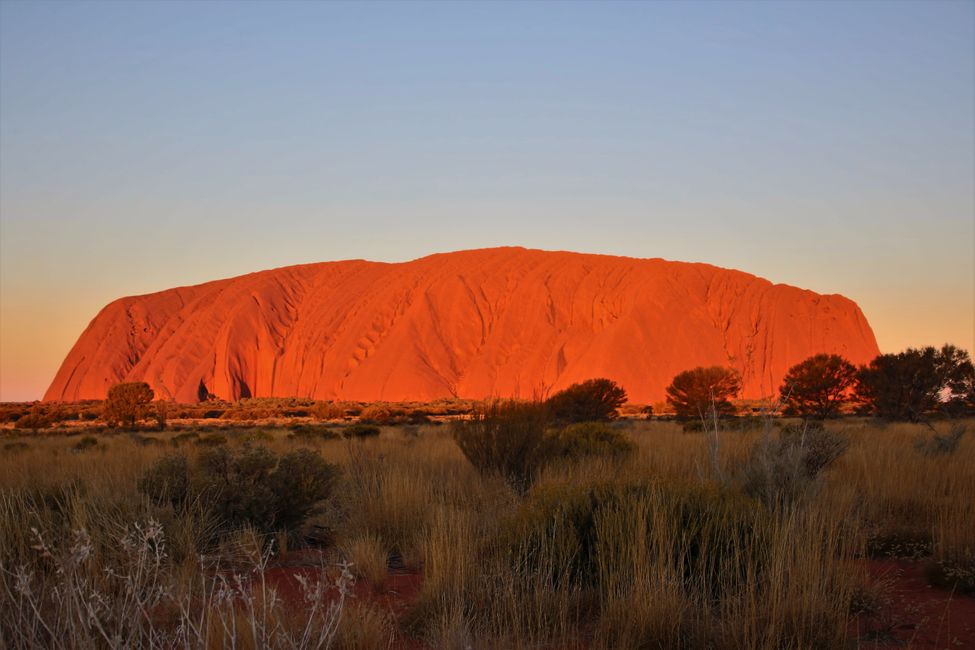
Rahoton balaguro Ostiraliya

